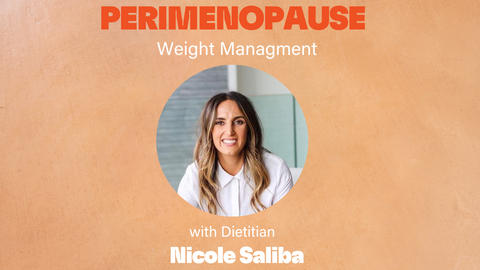Feeling bloated is a common complaint in my clinic, and research shows it occurs in 10-25% of otherwise healthy people and between 50-95% of people with gut disorders such as chronic constipation and Irritable Bowel Syndrome (IBS). In this week’s blog I will take a deeper delve into bloating and some simple steps to help combat it!
What is bloating?
Bloating is described as the feeling that there is an inflated balloon in your abdomen and often it comes and goes. It is often associated with an actual increase in your waist circumference as well which is called distension. Both can cause discomfort or pain and can negatively impact your quality of life. Sometimes these symptoms also happen alongside other gut complaints such as constipation, burping, belching and increased flatulence. Bloating is not the same as belly fat or fluid retention. Mild or infrequent bloating is normal and nothing to be concerned about
What causes bloating?
Bloating is usually caused by a buildup of gas in the digestive system or because something isn’t functioning normally when it comes to the muscles that line the digestive system. It can also be caused by a food intolerance or an imbalance in the healthy microbes that live in the digestive system.
My top tips for reducing bloating?
- Keep yourself regular and avoid getting constipated. This is best achieved by keeping active, drinking 2L+ per day of fluid and getting enough fibre. If you are constipated using a step stool when you poop and including green kiwifruit, psyllium husk, ground flaxseed, pears or prunes can help. All of the Activate Foods meals are a great source of dietary fibre.
- Eat slowly and chew thoroughly. Digestion starts in the mouth. Try chewing food 20-30 times before swallowing
- Try not to overeat as having large meals frequently or continuously grazing can leave you feeling bloated. Activate foods meals are perfectly portion controlled.
- Reduce your intake of some common gas-producing and bloating foods such as cabbage, cauliflower and legumes. Suddenly increasing your fibre intake can also make you bloated
- Avoid chewing gum as it results in you swallowing air which can make you bloated
- Limit your intake of carbonated beverages such as softdrink or mineral water as they can contribute to the build up of gas in the digestive system
- Avoid ‘sugar-free’ or diet products. These often include sugar alcohols such as xylitol, sorbitol and mannitol which are notorious for making people bloated and are often in sugar-free biscuits and protein bars. None of the Activate Foods menu items are sweetened with artificials sweeteners.
- Avoid probiotic supplements that also contain prebiotics. A common prebiotic added to these supplements and other food products is called inulin which can make some people very bloated
- See your GP to rule out IBS and other conditions such as coeliac disease
- Trial reducing your intake of a group of naturally occurring sugars called FODMAPs alongside a qualified dietitian. Foods high in FODMAPs include milk and yoghurt (lactose), onion and garlic, apples, pears and watermelon, bread and pasta, legumes, pistachios, cauliflower, mushroom and leek.
- Trial peppermint oil capsules. Peppermint oil is known as an antispasmodic and can help with bloating and abdominal cramps. It works by getting the muscles in the bowel wall to relax.
- Take steps to manage stress as it affects digestion
If you have a sudden onset of chronic bloating and any other changes in your bowel habit or gut symptoms please remember to consult your GP ASAP as this may be a sign of something more serious going on such as diverticular disease, endometriosis, coeliac disease, Inflammatory Bowel Disease, Irritable Bowel Syndrome and even sometimes bowel or ovarian cancer. It's also best to be cautious.


